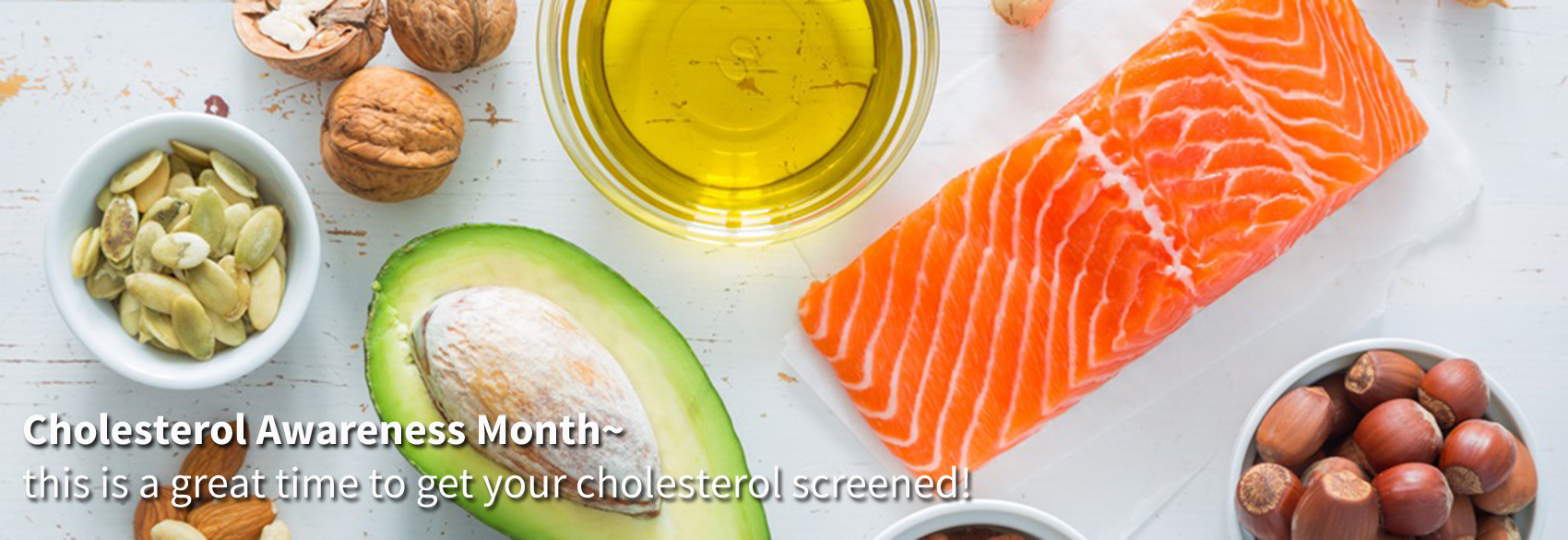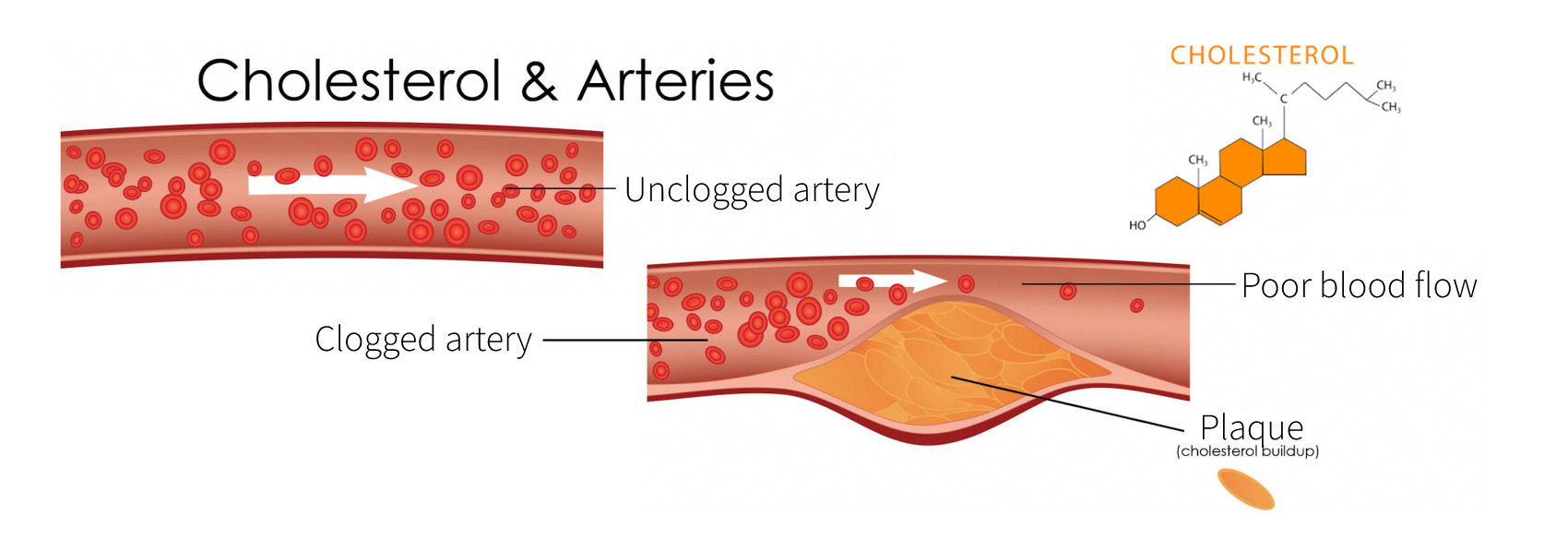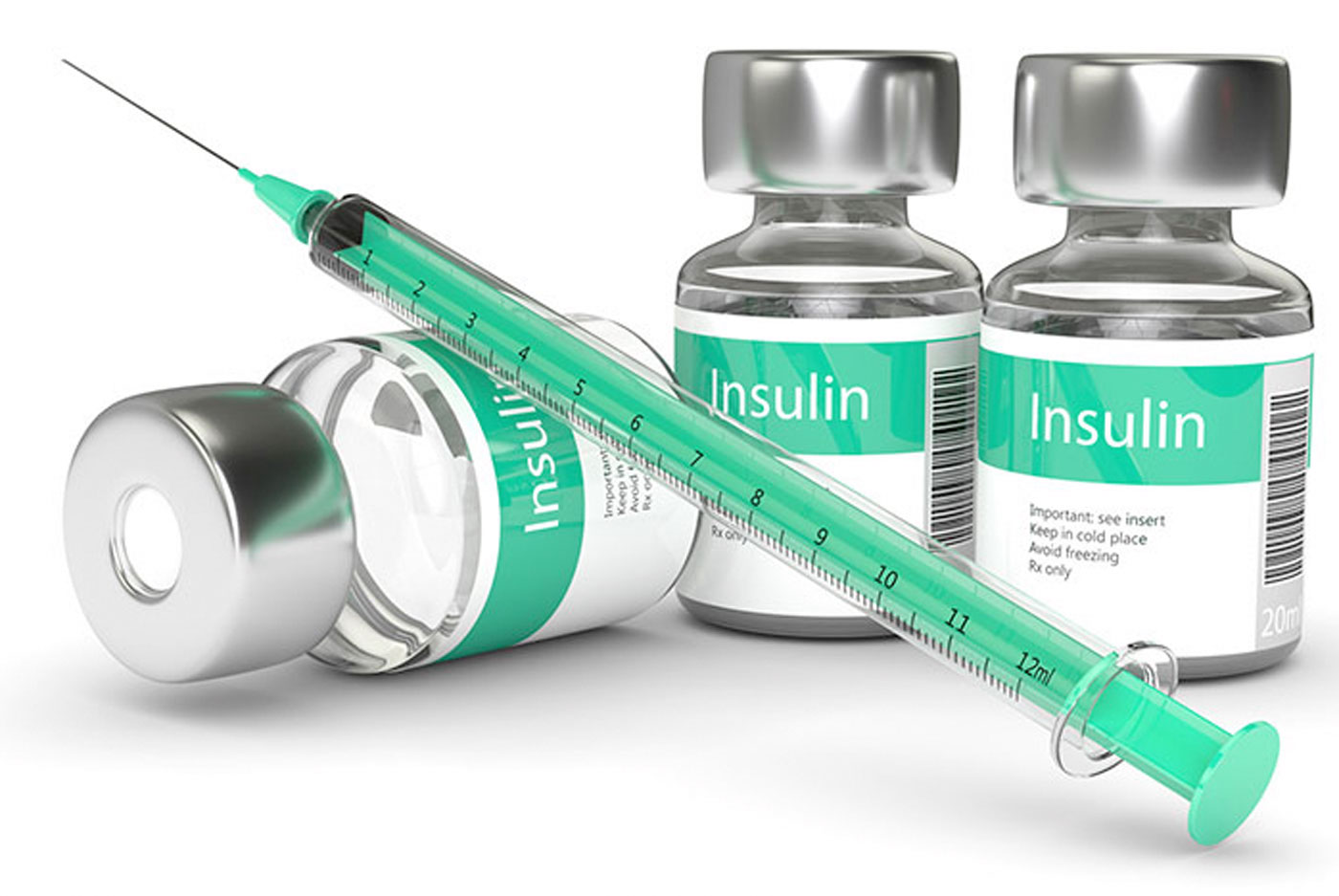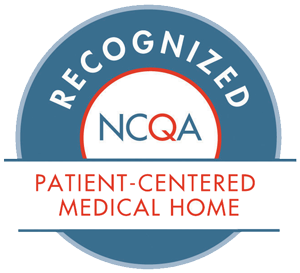Cholesterol Awareness
From New Milford Medical Group

We all know it's important to keep track of our cholesterol levels. But what does that really mean? There is good cholesterol, and bad cholesterol, dietary cholesterol, trans fats, saturated fats – the list only seems to get longer, and sometimes it seems very confusing. Which ones do we have to watch, is the bad one really bad, does it matter if a food label says no cholesterol, or no trans-fats?
We'll try to sort through some of the things that we know definitively about cholesterol and make sure that at least some of these questions get answered!
And why is this important to know? According to the CDC, more than 102 million American adults (20 years or older) have total cholesterol levels at or above 200 mg/dL, which is above healthy levels, and only about one-third of them have the condition under control. Plus, more than 35 million of these people have levels of 240 mg/dL or higher, which puts them at high risk for heart disease.
This is why in September we focus on cholesterol education, and want you to know that this is a great time to get your cholesterol screened!

To start with, what is cholesterol, and what does it do?
Cholesterol is a natural, waxy substance that your body makes in the liver and which it uses to build cells. It isn't made by a machine or even inherently bad. Since you do need cholesterol it is only when you have too much cholesterol that you run into a problem.
And where does it come from?
It is natural, and needed by the body, and your liver makes all the cholesterol you need. But cholesterol comes from two sources! The rest of the cholesterol in your body comes from foods like meat, poultry and full-fat dairy products. They all contain cholesterol, and quite understandably are known as dietary cholesterol, and they are high in saturated and trans fats, which causes your liver to make more cholesterol than it otherwise would. And since that is more than you need, for some people, this means they go from a normal cholesterol level to one that’s unhealthy.
Some oils, like palm oil, palm kernel oil and coconut oil (which are often found in baked goods) can also trigger your liver to make more cholesterol. When the amount of cholesterol in your blood increases, so do your health risks! As Doctor Levine, Cardiologist at New Milford Medical Group, says, “Unfortunately, there is nothing that shows your level is too high, that’s why it’s important to have your cholesterol tested, so you can know your levels.”
What are LDL and HDL?
Cholesterol circulates in the blood on proteins called “lipoproteins”.
- LDL (low-density lipoprotein), sometimes called “bad” cholesterol, makes up most of your body’s cholesterol. High levels of LDL cholesterol raise your risk for heart disease and stroke.
- HDL (high-density lipoprotein), or “good” cholesterol, absorbs cholesterol and carries it back to the liver, which then flushes it from the body. High levels of HDL cholesterol can lower your risk for heart disease and stroke.
Unluckily, too much of the bad kind, or not enough of the good kind, increases the risk that cholesterol will slowly join with other substances to form a thick, hard deposit on the inside of the arteries, including the ones feeding the heart and brain. This buildup is called plaque. As your blood vessels build up plaque over time, this can narrow the arteries and make them less flexible, which is known as atherosclerosis. This narrowing blocks blood flow to and from your heart and other organs, and if something blocks one of these narrowed arteries, a blood clot for instance, it can cause angina (chest pain), a heart attack, or stroke. This is why it is so important to control your cholesterol levels!
Can young people have high cholesterol, too?
High cholesterol (hyperlipidemia) can develop in early childhood and adolescence, as weight increases so does the risk!In the US, more than one-fifth of youth aged 12–19 years have at least one abnormal lipid level. Starting at age 2 (yes, you read that right!), the CDC recommends children have their cholesterol levels checked if they are overweight or obese, have a family history of high cholesterol, a family history of heart disease, diabetes, high blood pressure, or certain chronic conditions. If you have any questions, be sure to ask your doctor for advice!
Why does cholesterol matter?
High cholesterol is controllable! It is one of the major controllable risk factors for heart disease, the leading cause of death in the United States, heart attacks, and stroke, the fifth leading cause of death. So controlling your cholesterol is a major step towards living longer and living healthier! Of course, if you smoke or have high blood pressure or diabetes, your risks are higher, and it is even more important to take control where you can, the more risk factors you have and the more severe they are, the greater the overall risk to your long-term health!
Your lifestyle may increase your risk for high cholesterol.
- A diet high in saturated fat and trans fat may contribute to high cholesterol and related conditions, such as heart disease.
- A lack of physical activity can make you gain weight, which can lead to high cholesterol.
- Obesity is linked to higher triglyceride levels, higher LDL cholesterol levels, and lower HDL cholesterol levels. Obesity can also lead to heart disease, high blood pressure, and diabetes. Diabetes can compound issues you may be having with high cholesterol, because Type 2 diabetes lowers high-density lipoprotein (HDL, or “good”) cholesterol levels and raises LDL (“bad”) cholesterol levels. This combination raises further your risk of heart disease and stroke.
The good news is that healthy behaviors can lower your risk for high cholesterol. The first three healthy behaviors are...
- Check your cholesterol levels. It’s key to know your numbers.
- Change your diet and lifestyle to help improve your levels.
- Control your cholesterol, with help from your doctor if needed
I have high cholesterol, what can I do to lower it?
Your doctor may prescribe medications to treat your high cholesterol, and you can lower your cholesterol levels through lifestyle changes:
- Eat more fresh fruits, fresh vegetables, and whole grains – Low-fat and high-fiber food
- Get at least 2 hours and 30 minutes of moderate or 1 hour and 15 minutes of vigorous physical activity a week if you're an adult. For those aged 6-17, get 1 hour or more of physical activity each day.
- Maintain a healthy weight.
-
Don't smoke and quit if you do.
Lowering Your Risk
If you have high LDL cholesterol levels, you'll probably want to take cholesterol-lowering medicine which your doctor will prescribe. Combine that with lifestyle changes to lower your risk for heart disease and stroke.
If you have low HDL cholesterol levels, talk to your doctor about lifestyle changes that may help raise your levels.
What you can do:
Doctor Levine has some recommendations that he makes to all his patients, not just the ones who have already tested for high cholesterol.  Limit foods high in saturated fat. Saturated fats come from animal products (such as cheese, fatty meats, and dairy desserts) and tropical oils (such as palm oil). Foods that are higher in saturated fat may be high in cholesterol. Choose foods that are low in saturated fat, trans fat, salt, and added sugars. These foods include lean meats, seafood, fat-free or low-fat milk, cheese, and yogurt, whole grains, and fruits and vegetables.
Limit foods high in saturated fat. Saturated fats come from animal products (such as cheese, fatty meats, and dairy desserts) and tropical oils (such as palm oil). Foods that are higher in saturated fat may be high in cholesterol. Choose foods that are low in saturated fat, trans fat, salt, and added sugars. These foods include lean meats, seafood, fat-free or low-fat milk, cheese, and yogurt, whole grains, and fruits and vegetables.
Try to eat foods naturally high in fiber, such as oatmeal and beans (black, pinto, kidney, lima, and others) and unsaturated fats, which can be found in avocado, olive oil, and nuts. These foods may help prevent and manage high levels of low-density lipoprotein (LDL, or “bad”) cholesterol and triglycerides while increasing high-density lipoprotein (HDL, or “good”) cholesterol levels.
Physical activity can help you maintain a healthy weight and lower your cholesterol and blood pressure levels. Get active as a family.
Make physical activity a part of each day. Take the stairs instead of the elevator, park a little farther away, walk to the store, or do jumping jacks during commercials. Alright, that does sound a bit silly, but you know what we mean!









